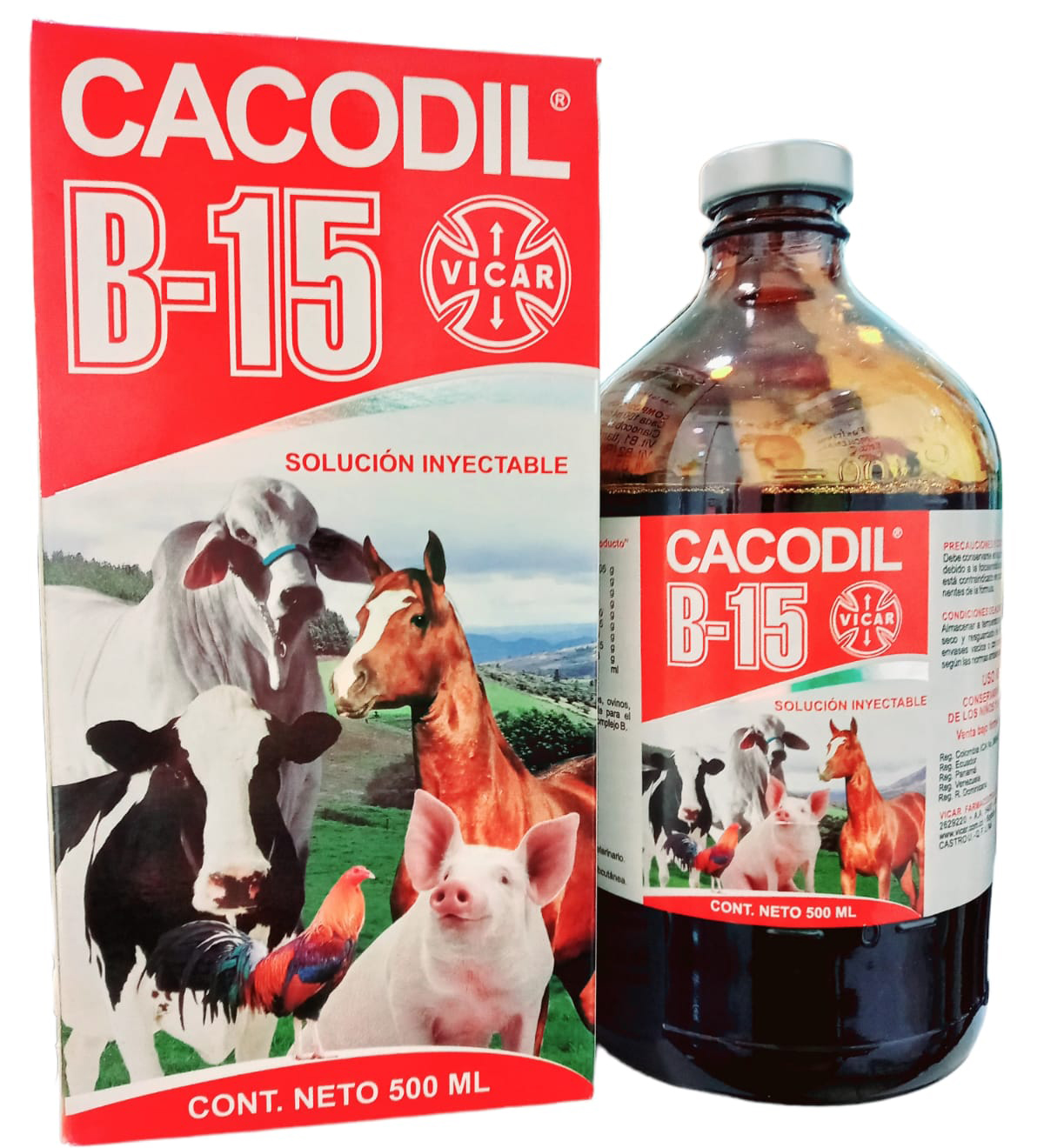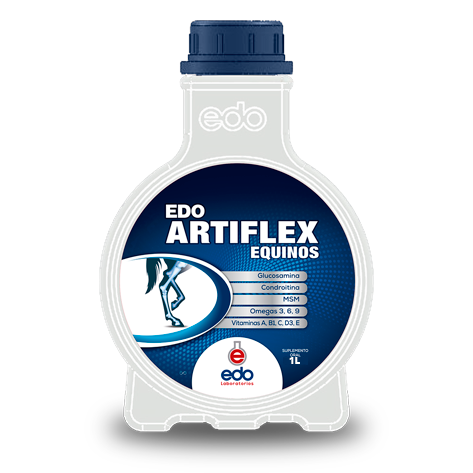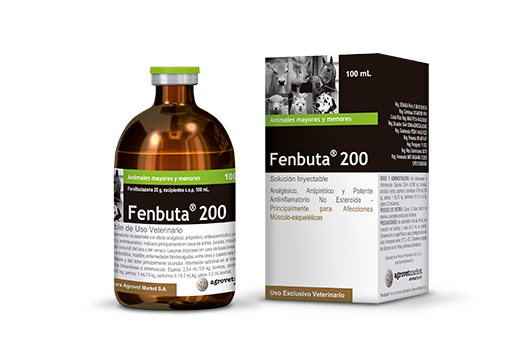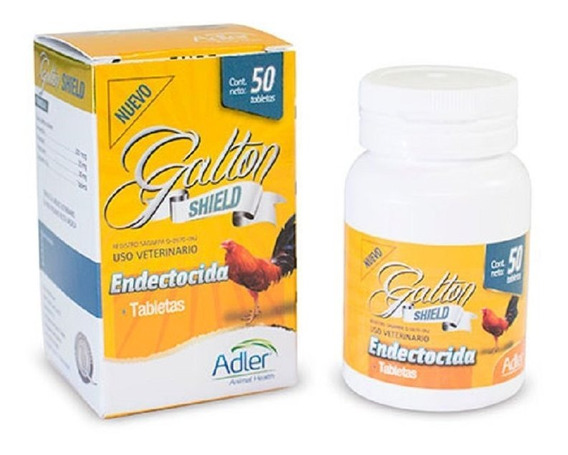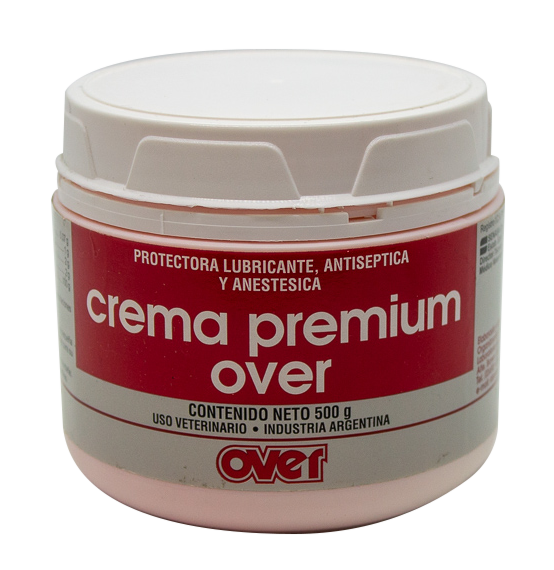CACODILE B-15
Reg. ICA 9890 MV
COMPOSITION:
Each 100 ml contains:
Cyanocobalamin………………..0.005 g
vit. B1 (HCI Thiamin)……………….1.0 g
vit. B2 (Riboflavin 5 phosphate)……………….0.4 g
vit. B3 (Nicotinamide)……………….10.0 g
Pyridoxine as pidolate………………..0.50 g
Magnesium aspartate……………..0.15 g
Potassium aspartate……………..1.0 g
vit. B15 (Pangamic acid)…………….0.15 g
Lidocaine HCI………………0.3 g
Excipients C.S.P……………..100 mL
CACODILE CA B-15
The leader who provides his animals with +Vigo, +Resistance, +Strength, +Work, +Health, +Energy, +Production, +Combat Performance and +Oxygenation to the muscle.
INDICATIONS: In foals, calves, piglets, pigs, cattle, horses, sheep, camelids, cats, dogs and fighting cocks for the treatment of vitamin B complex deficiencies.
Cacodil B15 is the new product of Vicar pharmaceutical S.A. Due to its composition, it positions it and makes it an excellent recuperator in the face of fatigue, tonic, restorative, energy generator for pets, detoxifier and liver protector, metabolism stimulant.
The benefit of being a hepatic detoxifier and antioxidant causes hepatic integrity to be recovered and therefore ostensibly improves the production capacity since an increase in protein synthesis is generated and the energy contributions are greater, making the animals better able to increase your metabolism, muscle function, milk production and reproduction. Pangamic acid (vitamin B15) has been isolated as a sodium salt, very soluble in water and insoluble in solvents for fats, it is a mixture of dimethylglycine and sorbitol.
Although it is known by the name of vitamin B15, this substance is a pseudovitamin since it is not considered essential; however, it has large and marked pharmacological effects. Pangamic acid (vitamin B15), combined with vitamin B12, acts as a stimulant for tissue oxidation (supply of oxygen to the cells), in the methylation processes and in the metabolism of carbohydrates and proteins.
Aspartic acid salts integrate one of the chains in the Krebs cycle, intervening in maintaining the ionic balance of cells, which have to do with the phenomena of specific excitation-Potassium and magnesium aspartate: Studies say that it improves 15-20% aerobic resistance. The recommended dose 5-10 g/day. Magnesium participates as a cofactor in many enzymatic systems, including energy production processes involving phosphate transfer, DNA replication, and energy pumps that maintain the proper distribution of sodium, calcium, and potassium across cell membranes. .
| Weight | N/A |
|---|---|
| ml | 100 ml, 250 ml, 50 ml |

